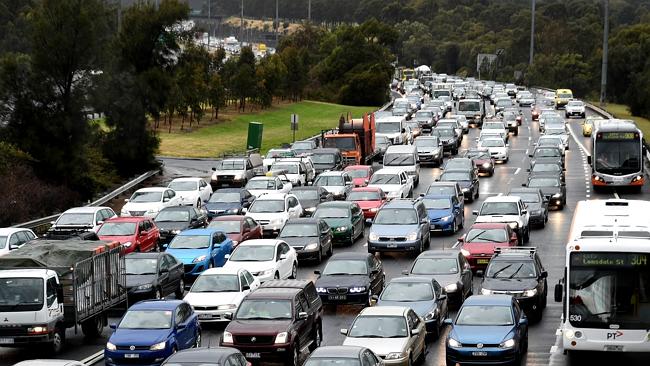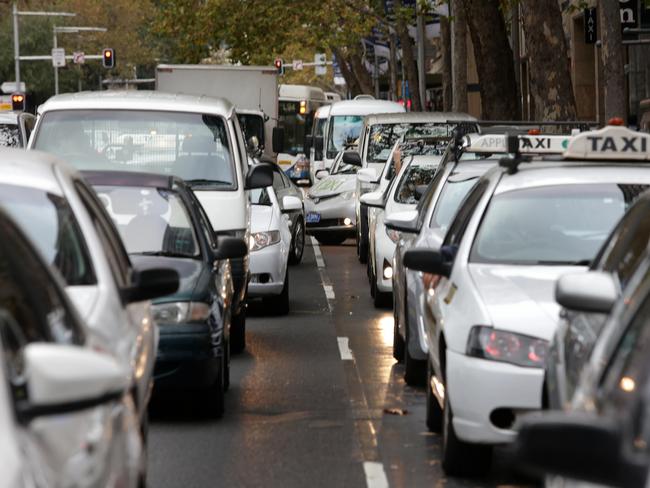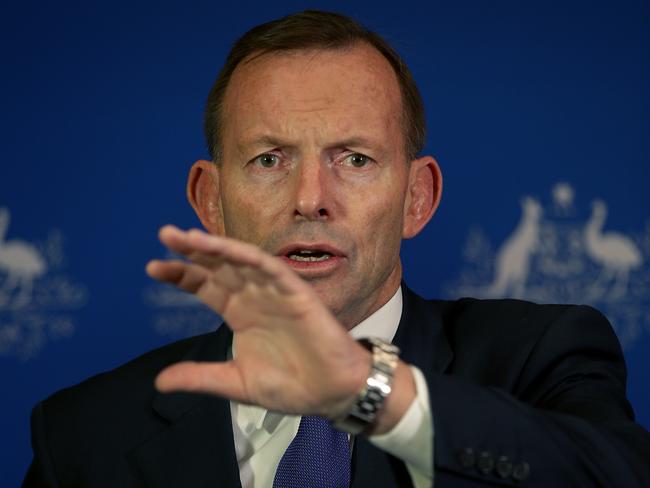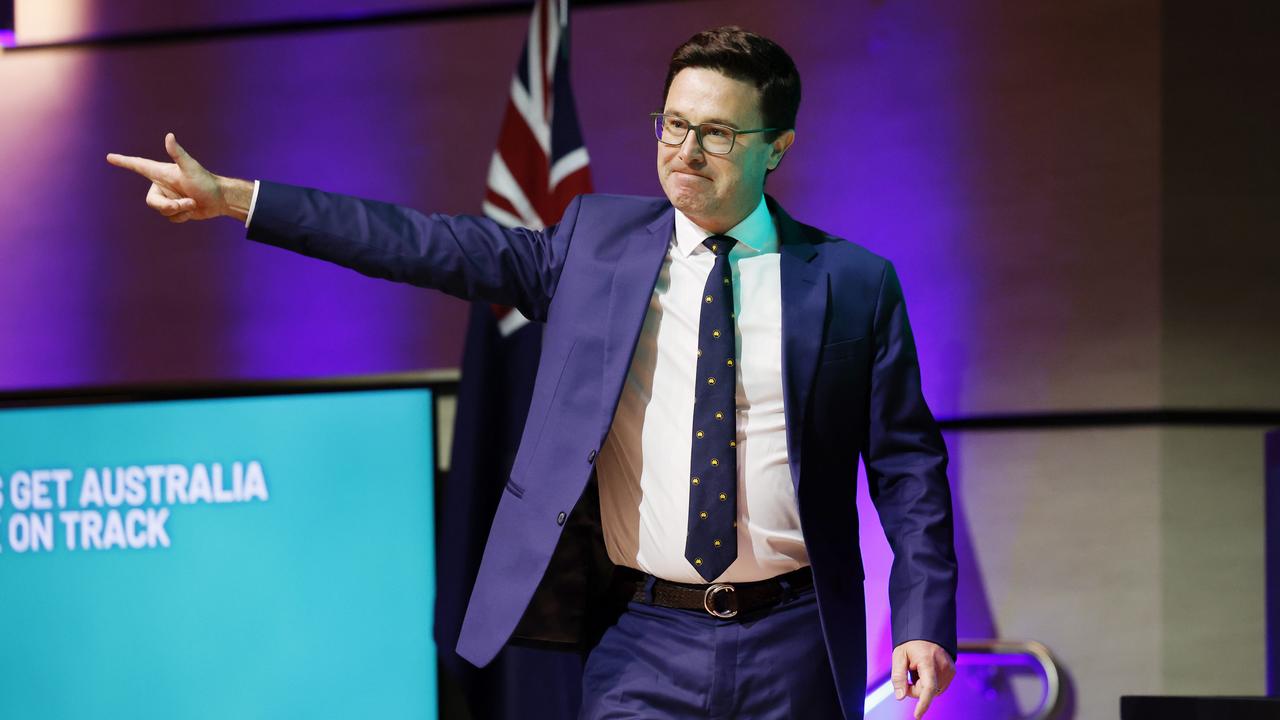Infrastructure Australia audit: Gridlock costs could skyrocket to $53 billion a year
THINK your commute to work is bad now? It’s nothing compared to what Australia is facing in the future, with some travel times set to double.

GET ready for commuter chaos.
Car travel times in Australia’s biggest cities are expected to get worse or even double in the next 20 years without billions of dollars in investment.
An Infrastructure Audit report has warned that if no action is taken the travel times in Sydney, Brisbane, Melbourne, Perth, Adelaide and Canberra will increase by at least 20 per cent — and some trips could more than double.
If that happens the cost to the economy will be a staggering $53 billion a year by 2031, which would threaten to drag down productivity and living standards, The Australian reports.


The report, which calls for new roads, more investment in public transport and carpool lanes, will be unveiled by Prime Minister Tony Abbott today.
The problem will be felt greatest in the east coast capitals and Perth, where the population will increase dramatically, by 46 per cent.
The population growth was being fuelled by the economy and Infrastructure Australia Chairman Mark Birrell told The Australian action needed to be taken now before productivity and living standards were impacted.
The consequences of road congestion are evident in a breakdown of the roads that are costing the economy the most in delays. The highest is Sydney’s Pennant Hills Rd, from Parramatta to Hornsby, where the delay cost by kilometre in 2011 was $3.53 million.
In 2031, the road holding the economy back the most will be Western Australia’s Mitchell Freeway Corridor, at just over $10 million per kilometre.
The situation in Sydney will be dire, with average traffic speed on Sydney roads increasing by 12 per cent — while at the same time metro trains will reach “crush capacity”, leaving the country’s largest city in danger of being reduced to a standstill.
If anything Melbourne commuters have even worse prospects with 15 per cent average traffic times increases and a 121 per cent increase on the already stretched public transport network.
There is little detail about how to fund the new projects, but the possibility of tolls is high, with the report calling for a national debate on the issue.



